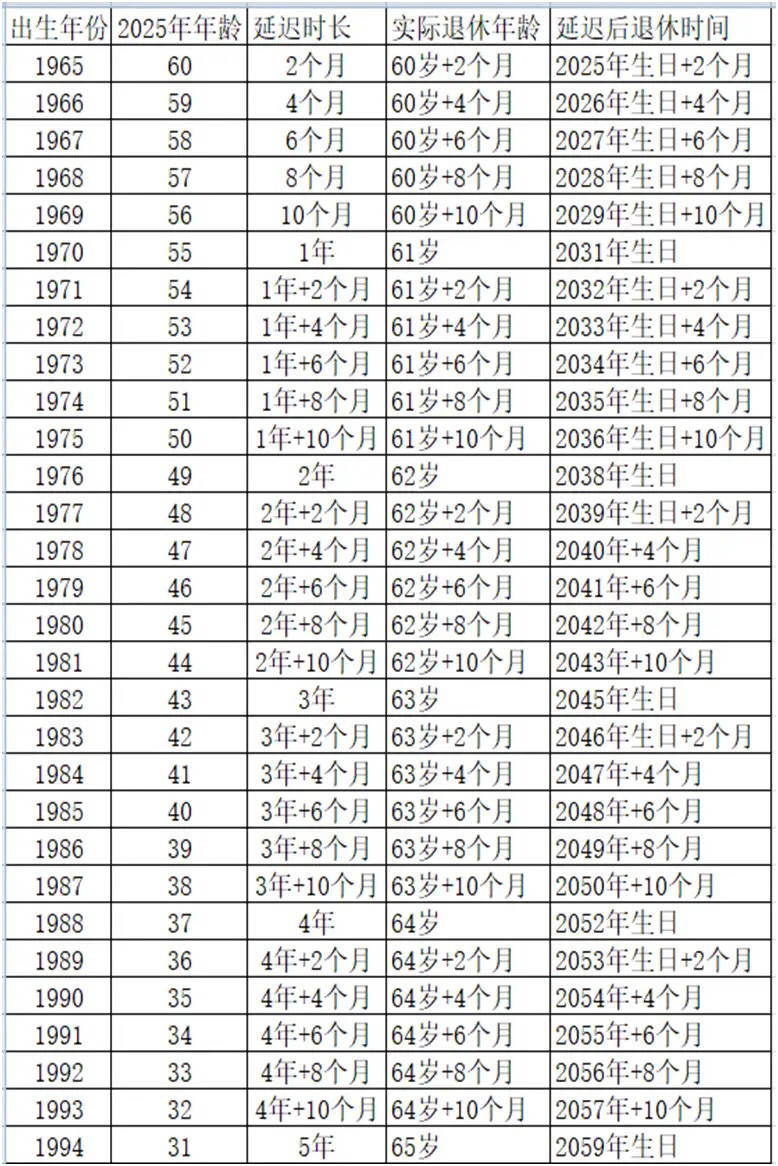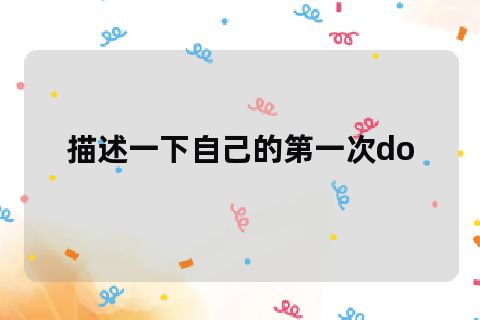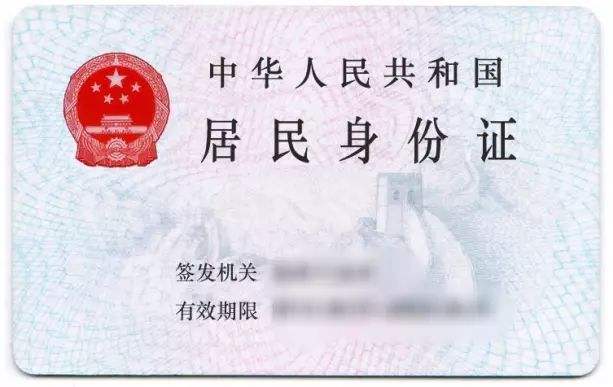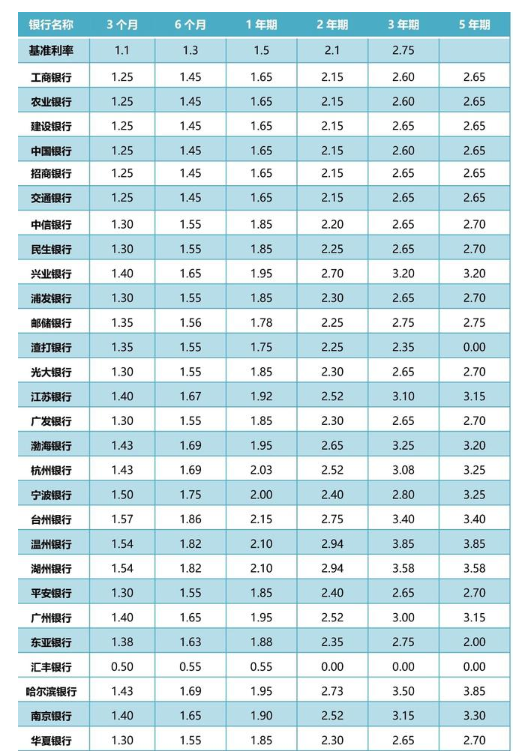定语从句本质就是一个句子作定语,紧紧跟在所修饰名词(先行词)的后面。
那从句如何和主句连接在一起呢?
英语人想到了一个办法,那就是对定语从句打头的单词进行一些特殊规定,只能用以下的单词引领定语从句:
who(以及who的亲戚whoever, whom, whomever, whose, whosever),
which(以及它的朋友whichever),
that
when(以及它的朋友whenever)
where(以及它的朋友whichever)
why
这几个词有一个响亮的名字“关系词”
为什么叫关系词呢?
那是因为这几个词使得从句和主句产生了关系,融合成了一个主从复合句。
关系词有两个作用。一是在从句中充当成分,使从句语法结构完整(从句虽然是一个从句,但是也是一个句子,主谓宾啥的都不能缺了)。一是指代先行词,使从句的意义完整。
这6个(以上14个词简化为that, which, who, when, where, why, 其他的也不常用,会造成记忆负担)关系词,根据在从句中充当的成分,又分为关系代词(主语、宾语、表语)和关系副词(状语)。
(一)关系代词引导的定语从句
1、 指代人的关系代词:who,在从句中多做主语或宾语,做宾语可用whom,也可以省略
The girl (whom/who) you just met is Cathy. 此处who在从句中作met的宾语,who/whom/省略 都可以
I am going to see a friend who has just come back from the US. 此处who在从句中做has come back的主语,只能填who
I will give this gift to the student whoever comes next.我会把这个礼物给下一个进来的同学 whoever: 不管是谁
2、指代物的关系代词:which,在从句中多做主语或宾语,作宾语时可省略。
Another big earthquake which was almost as strong as the first one shook Tangshan. 此处which作为从句的主语,替代先行词earthquake
Philosophy is a subject (which) I know little about. 此处which在从句中作know的宾语,替代先行词subject, 可省略
3、既可以指代人又可指物的关系代词:that, 在从句中多做主语或宾语,作宾语时可省略。
The next day people put up shelters in the open air made with anything (that) they could find. 此处that指代先行词anything, 在从句中作find的宾语,可省略
Is she the girl that sells newspapers? 此处that指代先行词girl, 在从句中作sell的主语。
4、whose既可以指代人又可物,在从句中作定语。
A number of children whose parents had died in the quake were sent to live with families in other cities. whose指代chidren's 孩子的,修饰parents
The club whose members are music fans meet in the school garden every Saturday afternoon. whose指代club's, 修饰members
5、“介词+关系代词”引导的定语从句
介词+which引导的定语从句修饰指物的名词;介词+whom引导的定语从句修饰指人的名词
The parts of town in which they had to live were decided by white people. 介词in 也可以放在最后The parts of town which they had to live in were decided by white people.
The money with which you were to buy dog food is gone. 介词with也可以放在后边The money which you were to buy dog food with is gone.
Mandela was the black lawyer to whom I went for advice. 介词to可以放在后边Mandela was the black lawyer who/whom I went to for advice. 注意:若to在前,后边必须用宾格whom; 若to在后边,who和whom都可
She is the person from whom you can expect good advice. 介词from可以放在后边She is the persom who/whom you can expect good advice from.
(二)关系副词引导的定语从句
1、关系副词when在其引导的定语从句中作时间状语,修饰的是表示时间的名词。
Tip:
when did you meet Tom? 怎么回答?
一般是“I met Tom in the morning/on Sunday/at 9”,
所以我们可以理解when=介词(in/on/at)+时间名词
The time when I first met Nelson Mandela was a very difficult period of my life. when相当于介词+先行词time, 从句可改写为:I first met Nelson Mandela at that time. 是一个结构和意义都完整的句子。
Wedding is an occasion when bride is the most beautiful. 婚礼是新娘打扮得最漂亮的时候。when=on the occasion, 从句可改写为:bride is the most beautiful on the occasion.
The days are gone when physical strength was all you needed to make a living. 定语从句和先行词可能没有那么紧密的挨着
2、关系副词where在其引导的定语从句中作地点状语,修饰的是表示地点的名词。
(1) 修饰表示具体地点概念的名词:
The parts of town where they had to live were decided by white people. 同理,where=介词+先行词=in the town, 从句可改写为:they had to live in the town.
The places outside the towns where they were sent to live were the poorest parts of South Africa. where=in+先行词towns,从句可改写为:they were sent to live in the towns.
(2) 修饰表示抽象地点概念的名词:
We have reached a stage where we have almost no rights at all.
I have reached a point in my life where I am supposed to make decisions of my own.
He got himself into a dangerous situation where he is likely to lose control over the plane.
Teaching is a job where you are doing something serious but interesting.
Life is a long race where we compete with others to go beyond ourselves.
Later cases will be introduced to readers where consumer complaints have results in changes in the law.
We are in a position where we may lose a large sum of money.
This company has now introduced a policy where pay rises are related to performance at work.
3、关系副词why在其引导的定语从句中作原因状语,先行词一般是reason
Can you tell me the reason why/for which you want to leave your present employer? 先行词是reason, 关系词可以是why, 和for which, why=for which=for+先行词=for the reason
I didn’t get a pay rise, but that wasn’t the reason why/for which I left.
注意区别:
The reason why he is late is known to all. 此处关系词是why=for which=for the reason, 在从句中作原因状语,从句可改写为he is late for the reason, 结构完整,语意清楚。
The reason that he gave me is not convincing. 此处关系词是that, 指代先行词reason, 在从句中作gave的宾语,从句可改写为he gave me the reason, 结构完整,语意清楚。
(三)关系代词和关系副词的区别
代词可以做主语、表语、宾语、补语
副词可以做状语
关系代词和关系副词在从句中也如此
思考:先行词是表示时间的名词,定语从句一定由when来引导吗?先行词是表示地点的名词,定语从句一定由where来引导吗?试比较以下两组句子:
①I returned to the city __________ I visited last year.
解析:如果先行词是that/which, 那么它指代city在从句中充当成分,如果先行词是where,那么介词+city在从句中充当成分,我们就看看那个会使从句成为完整的句子?
如果用that/which,从句是I visited the city last year. 结构完成,语意清楚
如果用where, 从句是I visited in the city last year. 结构不对
所以答案是that
I returned to the city __________ I grew up.
如果用that/which, 从句是I grew up the city. 结构不完整。
如果用where, 从句是I grew up in the city. 结构完整,语意清楚。
所以答案是where
②I’ll never forget the days __________ we spent together.
如果用that/which, 从句是we spent the days together. 结构完整。
如果用when,从句是we spend in the days together, 语法不对呀~~
所以答案是that/which
I’ll never forget the days __________ we worked together.
如果用that/which, 从句是we worked together the days. 这是啥?
如果用when,从句是we worked together in those days. 语法正确,语意完整。
所以答案是when
(四)特殊的先行词
注意先行词是way的时候,先行词可以是that或 in which 或什么都不填
I don’t like the way (that/in which) you talked to your mum. 此处in which指代先行词the way在从句中作状语,从句可改写为you talked to your mum in that way.
对比下面的句子:
We first broke the law in a way which/that was peaceful. 此处which/that指代先行词the way在从句中作主语
语法-47|定语从句相关文章:





